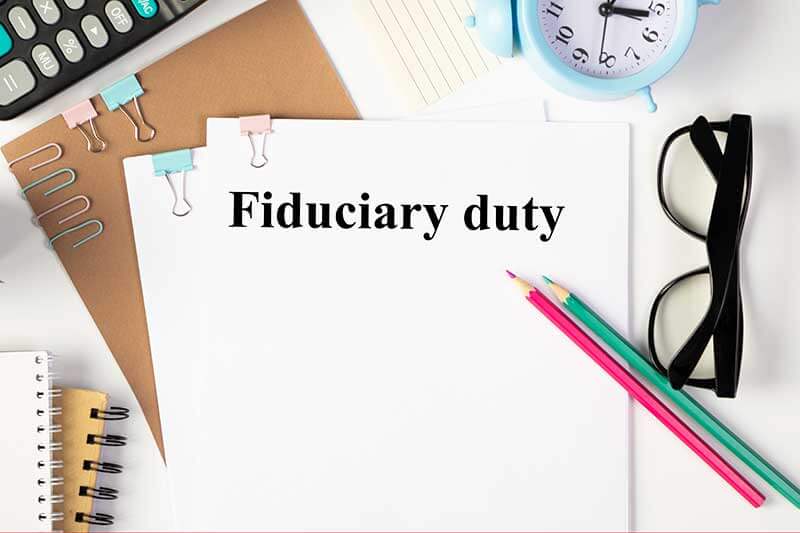The board of directors is the fiduciary person of the company, who acts to protect the interests of the company’s stakeholders, such as shareholders, investors, the public, and government agencies, but at the same time serves to benefit the company and ensure its proper growth and development. In the practice of the board, various events can occur, both pleasant and not so pleasant, and one such situation is a breach of fiduciary duty. This occurs when a fiduciary begins to act in purely personal and self-interested ways. In this article, we will look in detail at what is a breach of fiduciary duty.
Definition of fiduciary duty
To avoid inadvertently breaching a fiduciary duty, which may well be due to a lack of knowledge, you need to make sure that you are accurately aware of fiduciary duties and the rules behind them. So, what is a fiduciary duty? The board has to act strictly in the best interest of the employer or principal. The person who is responsible for the interests of another person is called a fiduciary.
The primary duties of a fiduciary include managing the business process and protecting the finances, of the other person. For this status and duties to take hold between the two parties, they must enter into a contract by state law. A fiduciary duty is especially necessary when a certain person, such as a company shareholder, needs trust and reliability from the person (or group of people) who will represent his or her interests, such as the board of directors. The fiduciary acts only in the interests of his client and any action that would be contrary to those interests would be considered a breach of fiduciary duty.
Duty of confidentiality board of directors
The board of directors has many duties and rules, one of which is the duty of loyalty. Included in the terms of this loyalty is the duty of confidentiality, that is, the prohibition against using the company’s secret information for personal gain. Many consider this rule basic to the more general duty to refrain from leaking the organization’s confidential information.
You don’t have to be specially trained to understand that nonpublic information that is discussed without the presence of outsiders is strictly confidential. However, not all of the things the board discusses are secret. Some daily board discussions are so-called gray areas that would do no good if they fell into the wrong hands.
Also, it is very important to maintain trust between board members, because you are unlikely to have a constructive conversation if you suspect that someone on the board is leaking information.
What is construed as a breach of fiduciary duty?
Once we’ve defined fiduciary duties, you can take a closer look at what is called a breach of fiduciary duty, in which cases those breaches are considered valid. Having this knowledge will help you prevent a breach in time, both on your part and the part of the other board member. After all, if you breach your fiduciary duties, the aggrieved party has the right to sue you and seek damages and recovery of all the profits the fiduciary received as a result of the breach of his duties. In addition, it will certainly leave a negative imprint on your reputation, from which it will be almost impossible to get rid of.
So, there are ways to breach a fiduciary duty:
- In case the relationship of confidentiality was in place at the moment of the litigation
- The extent of the relationship and fiduciary obligations
- Whether any duties were violated in the relationship context

